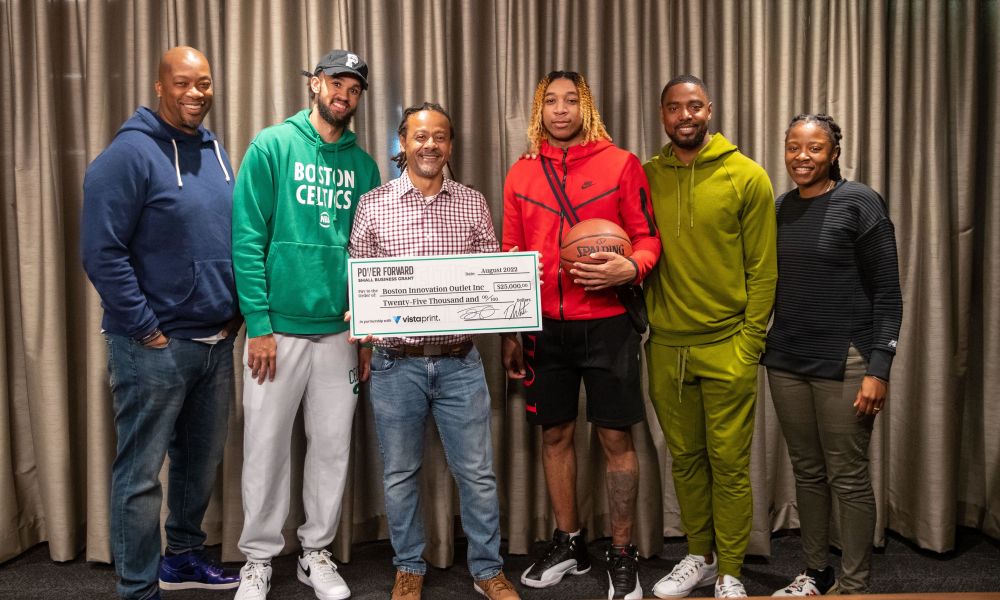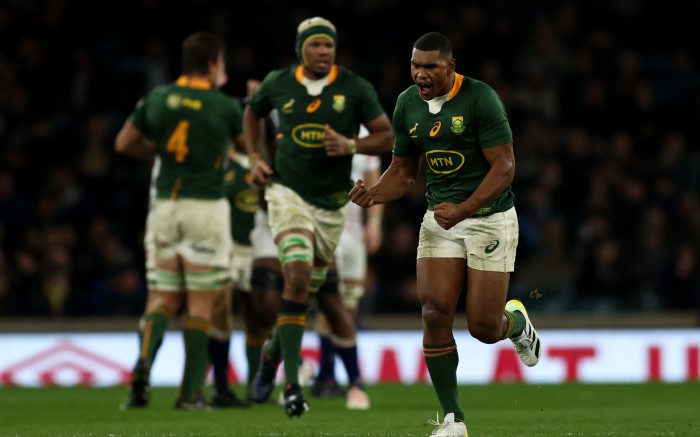Olympic Champion Michael Johnson On The Hill-Lyles Debate: A Realistic Assessment

Table of Contents
The Core of the Hill-Lyles Debate
The conflict between Noah Lyles and Sha'Carri Richardson centers on their differing views regarding the current state of US Track and Field and the competitiveness of American athletes on the world stage. Lyles, after his World Championship victories, made comments perceived by some as downplaying the achievements of other athletes, suggesting a lack of strong competition within the US. He emphasized the need for American athletes to step up their game to compete internationally. Richardson, known for her outspoken nature, responded sharply, criticizing Lyles’ statements and suggesting he was undermining her accomplishments and those of other female athletes.
The debate quickly escalated, fueled by social media interactions and differing interpretations of their statements. This isn't simply a personal feud; it reflects deeper anxieties within US Track and Field.
- Lyles' comments: Lyles' assertion that current world records aren’t as impressive as those of previous eras sparked significant debate. He implied a lack of truly challenging competition, particularly internationally.
- Richardson's counterarguments: Richardson countered Lyles' perspective, arguing that his comments were disrespectful and dismissive of the hard work and dedication of female athletes. She highlighted the intense pressure and scrutiny faced by athletes.
- Social media's role: The rapid dissemination of their comments and subsequent responses on social media platforms amplified the controversy, transforming a relatively contained discussion into a national narrative.
Michael Johnson's Perspective (or Lack Thereof)
As of the writing of this article, Michael Johnson hasn't publicly commented on the specific Hill-Lyles debate. His silence, however, is notable. Given his history of insightful commentary on the sport and his willingness to address controversial topics, his absence from this conversation is significant. His past statements often focused on the need for greater professionalism and unity within the sport, emphasizing the importance of positive role models. This suggests he might privately disapprove of the public nature of the feud and its potential damage to the sport's image.
- Potential viewpoints: Based on his previous statements, Johnson might view the public nature of the disagreement as detrimental to the athletes' careers and the sport's overall image. He might advocate for a more private resolution or a focus on collective achievement.
- Comparison to other athletes: Other prominent athletes have offered opinions ranging from support for Lyles' push for higher standards to empathy for Richardson's frustrations with perceived disrespect. Johnson's silence, in comparison, highlights the nuanced and complex nature of the situation.
The Impact on US Track and Field
The Hill-Lyles debate has significant consequences for US Track and Field. The public nature of the conflict risks undermining the sport's image, potentially affecting sponsorships and broadcasting deals. Further, the internal division could negatively impact athlete morale and recruitment efforts.
- Public perception: The debate has fostered a perception of division and negativity within US Track and Field, potentially deterring young athletes and impacting fan engagement.
- Athlete development: The ongoing controversy could create a stressful environment for young athletes, impacting their training and performance. This could hinder the development of future stars.
- Sponsorship and broadcasting: Negative publicity surrounding internal conflicts can lead to decreased sponsorship interest and reduced broadcasting deals, threatening the financial stability of the sport.
A Balanced Assessment of the Arguments
Both Richardson and Lyles present valid points. Richardson rightly highlights the immense pressure and often unfair scrutiny female athletes face. Lyles' call for increased competitiveness is also important for the continued success of US Track and Field on the global stage. The underlying issues are multi-faceted, encompassing intense media pressure, the highly competitive nature of elite sports, and the inherent challenges in balancing individual ambition with collective success.
- Arguments for Richardson: Her perspective underscores the need for respectful dialogue and support within the sport, acknowledging the unique challenges faced by female athletes.
- Arguments for Lyles: His comments raise a crucial point about the need for American athletes to push their boundaries and aim for global dominance.
- Neutral observations: The debate highlights the need for improved communication and a more supportive environment within US Track and Field to foster both individual success and collective achievement.
Olympic Champion Michael Johnson on the Hill-Lyles Debate: A Realistic Assessment
The Hill-Lyles debate reveals a complex interplay of personal ambition, competitive pressures, and the challenges of maintaining a positive image for US Track and Field. Michael Johnson's silence, while potentially indicative of his disapproval of the public nature of the conflict, underscores the need for introspection and a more unified approach within the sport. The future of US Track and Field depends on addressing these underlying issues, fostering a more supportive environment, and encouraging open but respectful dialogue. We urge you to share your thoughts on this crucial debate and its implications using #HillLylesDebate #USATF #ShaCarriRichardson #NoahLyles #MichaelJohnson. Let’s continue the conversation and work towards a stronger future for US Track and Field.

Featured Posts
-
 Crazy Rich Asians Tv Series Henry Golding Discusses Cast Reunions
May 12, 2025
Crazy Rich Asians Tv Series Henry Golding Discusses Cast Reunions
May 12, 2025 -
 Jon M Chu On A Potential Crazy Rich Asians Tv Series
May 12, 2025
Jon M Chu On A Potential Crazy Rich Asians Tv Series
May 12, 2025 -
 Boston Celtics Guard Forgoes Nba Award Campaign
May 12, 2025
Boston Celtics Guard Forgoes Nba Award Campaign
May 12, 2025 -
 Trump Tariffs A New York Court Weighs Their Future
May 12, 2025
Trump Tariffs A New York Court Weighs Their Future
May 12, 2025 -
 Tennessee 12 Indiana State 1 A Decisive Win For The Vols
May 12, 2025
Tennessee 12 Indiana State 1 A Decisive Win For The Vols
May 12, 2025
